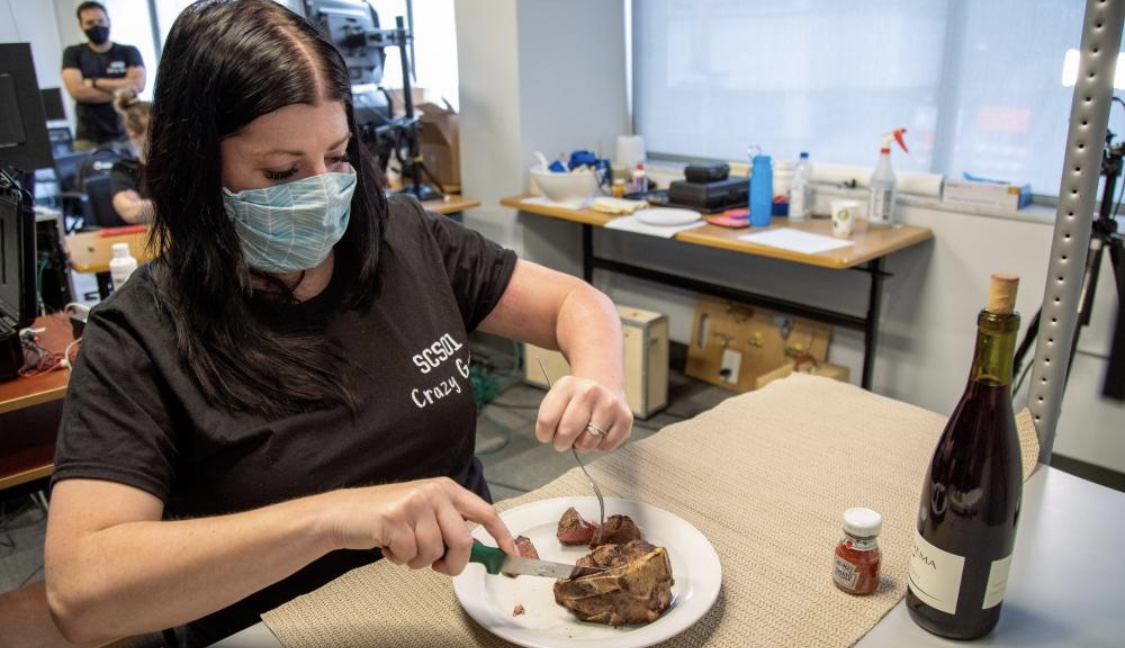Search by topic:

Researchers from the University of Pittsburgh and Carnegie Mellon University note that a stroke can lead to disruption of connections between the brain and spinal cord regions that control arm and hand movements.
While some signals from the brain still get through, they are not strong enough to trigger activity in the motor neurons that control movement of the muscles.
They report how they sought to restore such movement by stimulating the sensory neurons of the muscles that communicate directly with the motor neurons of the limb.
About one in four people globally will experience a stroke in their lifetime.